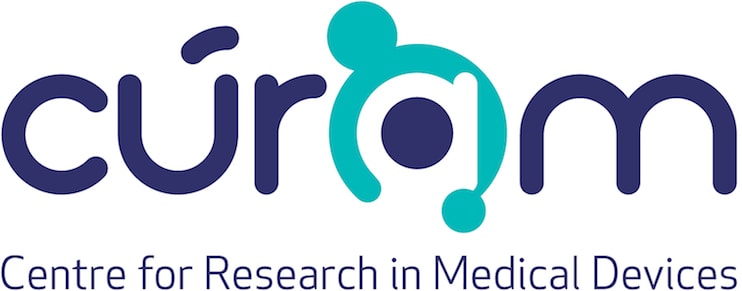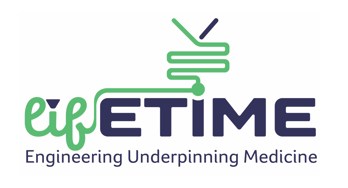My name is Eric Hill and I am the external advisor for the LifETIME Equality diversity and inclusion committee. I am originally from Birmingham in the West Midlands. I am a Senior lecturer in Stem cell biology and Bioethics and I am programme director for MSc Stem cells and regenerative medicine at Loughborough university.
Background: I come from a working class background. My parents were born in the inner-city area of Birmingham and left school at the age of 15 without qualifications. My mum was a cleaner and my dad was a caretaker in a high-rise tower block. The area I grew up in was built in the late 1960s and suffered from deprivation and antisocial behaviour due to the rising unemployment levels in the 1970s and 1980s.
Education: I left school in the mid-1990s. I had no career plans and spent the summer working in a factory packing CDs and paper inserts into cases for the Pulp album: Different Class. I eventually went to Sixth form college to study A-Levels including Biology and Geography. I was the first person in my family to go to college and I had no thoughts about going to university.
At Sixth form college I had some brilliant teachers who encouraged me to apply to university and I obtained a place through clearing at Aston University. I was the last cohort of students who didn’t have to pay tuition fees and I received a support grant from the local council. I lived at home because I couldn’t afford to live in student accommodation. I worked every weekend and holiday throughout university in a factory packing newspapers and magazines and stacking shelves in a supermarket on a Sunday.
I was the first person in my family to go to university. I had no idea about careers in research and academia. It wasn’t until my final year project that I considered that this was even an option.
After finishing my degree, I worked as a DNA analyst at the Forensic science service. During this time I was invited for an PhD interview back at Aston University. I had an amazing supervisor and I am forever thankful for her patience and guidance.
Neurodiversity: Throughout my education and early career I have felt like an imposter. I was always worried that I would be found out and that would be the end of it. There were not many people around that were from the same background as me and I often felt like an outsider who didn’t know the rules of the game. I now realise that it is not unusual to feel like this.
Throughout my life I have struggled with anxiety. I have a short attention span, I am easily distracted, I sometimes make careless mistakes. I am unable to stick to tasks that are tedious or time-consuming. I struggle to listen, I constantly change activity or tasks and I have difficulty initiating and organising tasks. I am hyperactive and impulsive, I am unable to sit still, especially in calm or quiet surroundings, I constantly fidget, I struggle to concentrate on tasks, I talk excessively, I interrupt the conversation of others. I had many accidents growing up and trips to A&E.
Diagnosis of ADHD: I now look back at my childhood, my school, reports, my list of accidents and comments from family members and teachers and realise that there was an obvious connection. It wasn’t until the age of 39 that I made that connection. I had two kids, I had just been promoted to a more senior position, I had a growing research lab, teaching, administration and management load. Everything was going well, but I felt like I couldn’t cope. My short attention span, being easily distracted, inability to stick to tasks that were tedious or time-consuming, difficulty in organising tasks and leaving deadlines until the last minute were starting to impact my mental health. I have since discovered that this is a typical pattern of events for adults that are diagnosed with ADHD.
A close colleague encouraged me to visit my GP and after an initial consultation and questionnaire I was referred to a psychiatrist and adult ADHD specialist. After several months of consultations my diagnosis was confirmed (Combined inattentive and hyperactive ADHD) and I was given a prescription of Methylphenidate hydrochloride.
Impact of career: For most of my life I have felt like I wasn’t tuned into the right station and the interference was stopping me being fully present and engaged in the moment. My diagnosis and medication have changed my life dramatically. With a few tips and tricks, I am now more able to cope with living with a neurodiverse condition in an environment designed for a neurotypical world. I am fortunate to have amazing parents and I have been supported by so many great teachers, colleagues and mentors.
The future: I worry that there are a lot of people that come from the same background or have the same issues as me, who don’t know how to navigate the academic world and feel that the door may be closed to them. I want to help to change people’s perceptions about what an ‘academic’ is. Like so many other scientists in my position I feel that I have a responsibility to support people from underrepresented backgrounds and to hold the door open for them. We need diversity in scientific research if we are going to meet the global challenges that we face.








